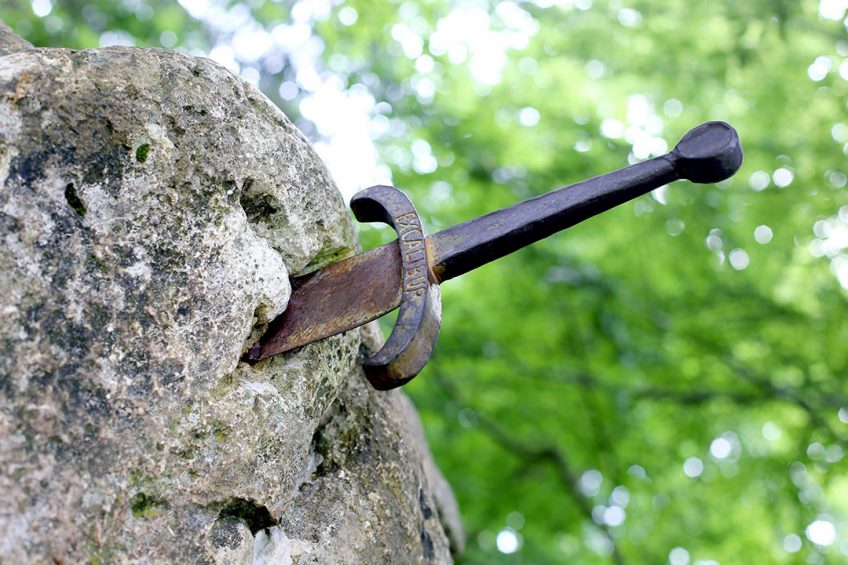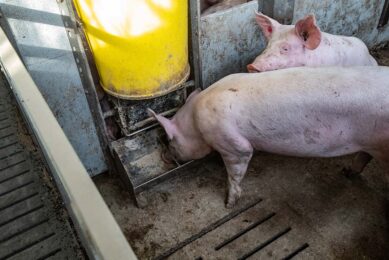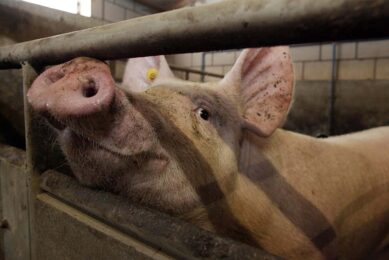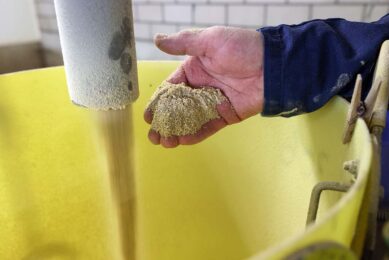Be brave to fight for more sustainability

Many people in agriculture reacted to the recent publication in The Lancet, which encourages eating less amounts of meat. There are some flaws in the piece, writes nutrition technology expert Dr Casey Bradley, but there are also some resounding points about nutrition and sustainability worth noting.
Over the last few months my son Arthur’s imagination has bloomed, and it has been incredible to participate in his adventures. One recent adventure I was trying to recreate with him was a story about a King and his knights fighting dragons and monsters. I referred to him as King Arthur, as all of his nurses have called him since birth. My son insists that he is not ‘King Arthur’ but just Arthur. This self-identification is growing stronger, as he doesn’t want to be seen (with any other titles or labels, but just as himself, Arthur).
Only if we all can find the courage to fight the monsters under our beds, then we can all be as brave as my King Arthur.
Sore point in agriculture
The Lancet report was published, and I know within our industry it has been a sore point. In my opinion there are some flaws within the piece; starting with the representation on this committee, which did not include an applied animal scientist, agronomist, or a representative from a land grant university. These professionals would have helped provide a more complete view of the subject matter at hand. Despite that, there are some very resounding points around nutrition and sustainability of this report that are worth noting, even though they see animal agriculture as part of the problem and do not consider it as a part of the solution.
We can talk in terms of climate change, emissions, the health crisis of obesity; but the resounding point is that we as humans are self-destructive. Personally, the biggest thing I would love to see change is the amount of garbage that is choking our planet. I grew up growing my own food (both animal and plant); I was taught the skill of preserving my foods and being sustainable within our environment. The consistent grocery staples that were purchased were milk, eggs, bread, and potatoes. Our food waste was used as scraps for our animals or was composted for fertiliser for our gardens. But life and society has given way to the ‘Fast Food’ and the ‘Fast Life’ era; and we are starting to lose the foundations of sustainability that I was taught.
Turning non-arable land into protein sources
Instead it’s up to less than 1% of the population to provide food for a growing world population and that is not going to change. But animal agriculture has never backed down from a fight as we know how essential our role is in the food supply chain. We turn non-arable land, human food and ethanol by-products into nutrient-rich protein sources intended for human consumption. Through science, technology, and self-governance we are reducing our own footprint by becoming more efficient.
They ask more of us and we won’t cower in the corner! We will step up and become the unsung heroes of our planet. It will take us time to become united, cross-collaborative, to look for solutions in the most unlikely places, and provide quantifiable results. My lifetime career goal has been to maintain sustainability within animal agriculture and that is exactly what I am doing!
Will you join me in this quest and defeat the monsters hiding under our beds or will you cower in fear at the words of Sir Lancet?
Note: This is the sole opinion of Dr Casey L. Bradley and not of DSM
Join 18,000+ subscribers
Subscribe to our newsletter to stay updated about all the need-to-know content in the pigsector, three times a week. Beheer
Beheer










 WP Admin
WP Admin  Bewerk bericht
Bewerk bericht